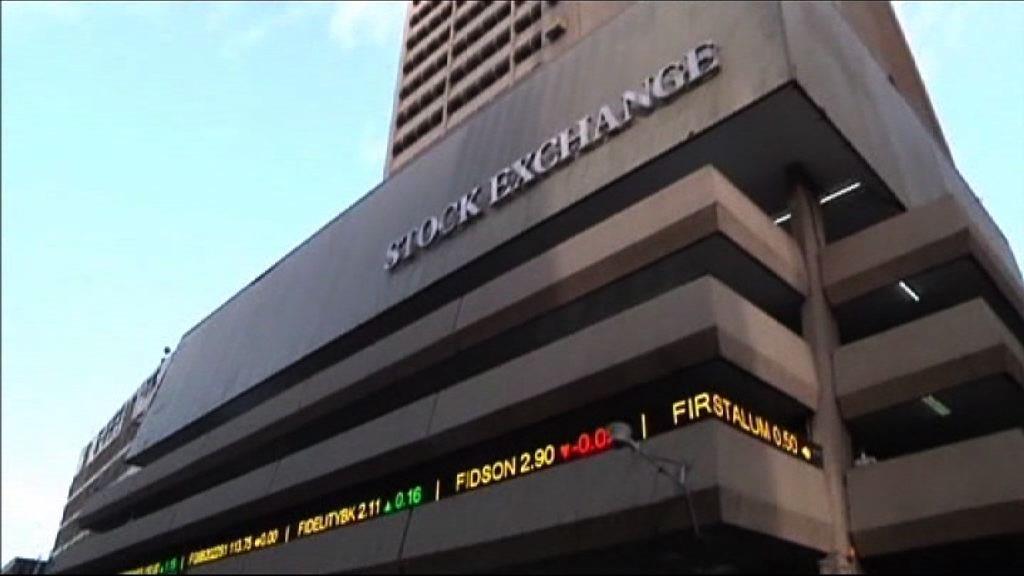Paragraph 1: Overview of the Nigerian Stock Exchange’s Performance
The Nigerian Stock Exchange (NGX) commenced September 2024 on a bearish note, experiencing a significant decline in market capitalization. By the close of the first trading day, the market had shed N363 billion in value, a stark contrast to the positive performance recorded in the previous month. This downturn reflects the volatile nature of the stock market, susceptible to various internal and external factors influencing investor sentiment and trading activities. The decline highlights the inherent risks associated with equity investments, emphasizing the importance of diversification and prudent investment strategies.
Paragraph 2: Trading Activity and Market Indices
Trading activity on the first day of September saw a considerable volume of shares exchanged, totaling 407,956,045 shares across 33,843 deals, generating a market turnover of N14.77 billion. While the number of deals increased substantially compared to the preceding trading day, the volume of shares traded experienced a noticeable dip. This suggests a shift in investor behavior, potentially indicating a cautious approach or profit-taking activities in response to market uncertainties. The market’s key performance indicator, the All-Share Index (ASI), mirrored the downward trend, shedding 573.31 points, representing a 0.41% decline, and closing at 139,722.19. This drop indicates a broader market correction and underscores the prevailing negative sentiment among investors.
Paragraph 3: Sectoral Performance and Individual Stock Movements
The negative sentiment permeated across various sectors of the NGX, evidenced by declines in sectoral indices. The Top 30 Index, representing the largest companies listed on the exchange, experienced a 0.38% decline, followed by marginal dips in the Consumer Goods and Insurance indices. More significant declines were observed in the Main Board, Oil & Gas, and Pension indices, suggesting broader sector-specific challenges impacting investor confidence. This widespread downturn suggests a general market correction rather than isolated incidents affecting specific sectors.
Paragraph 4: Analysis of Gainers and Losers
Despite the overall bearish trend, pockets of positive performance emerged among individual stocks. Sovereign Trust Insurance led the gainers, posting a 10% increase in share price, followed by Scoa Nigeria and Cornerstone Insurance Company, demonstrating resilience amidst the broader market downturn. These positive movements may be attributed to company-specific news, improved financial performance, or strategic initiatives that attracted investor interest. Conversely, Eterna, Ellah Lakes, and Veritas Kapital Assurance faced significant declines, each shedding 10% of their share value, highlighting the susceptibility of individual stocks to market volatility and investor sentiment shifts. The performance of individual stocks emphasizes the importance of thorough research and due diligence before making investment decisions.
Paragraph 5: Trading Volume and Value Leaders
FCMB Group dominated the trading activity chart, recording the highest volume of shares traded, followed by Access Holdings and Fidelity Bank. This high trading activity reflects the significant investor interest in these financial institutions, likely influenced by market speculation, earnings reports, or anticipated corporate actions. Aradel Plc emerged as the value leader, boasting the highest turnover in monetary terms, followed by Zenith Bank, WAPCO, Access Holdings, and GTCO. These companies represent significant market players with substantial influence on overall market performance and investor interest.
Paragraph 6: Contextualizing the Market Downturn
The NGX’s bearish start to September follows a week of sustained declines, where the market lost a substantial N439 billion in market capitalization. This prolonged negative trend suggests a deeper underlying concern weighing on investor sentiment and market performance. This could be attributed to a range of factors, including macro-economic conditions, regulatory changes, global market trends, or geopolitical events impacting both domestic and international investor confidence. The prolonged downturn highlights the cyclical nature of the stock market and underscores the importance of long-term investment strategies to weather periods of volatility. It also underscores the need for continuous market analysis and adjustment of investment portfolios to mitigate risks and capitalize on emerging opportunities.














